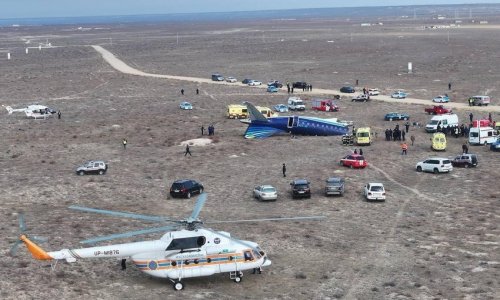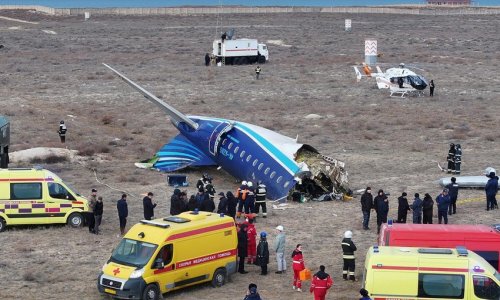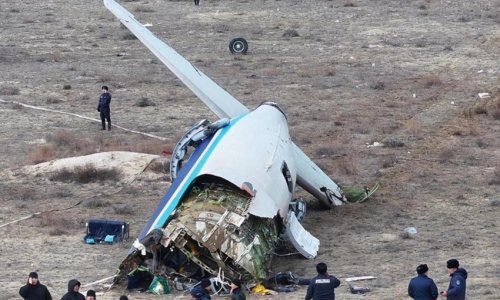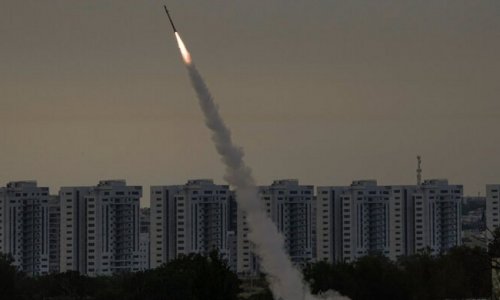In recent decades, Kurds have increasingly influenced regional developments, fighting for autonomy in Turkey and playing prominent roles in the conflicts in Iraq and Syria, where they have resisted the advance of the jihadist group, Islamic State (IS).Where do they come from?The Kurds historically led nomadic lives revolving around sheep and goat herding throughout the Mesopotamian plains and the highlands in what are now south-eastern Turkey, north-eastern Syria, northern Iraq, north-western Iran and south-western Armenia.Today, they form a distinctive community, united through race, culture and language, even though they have no standard dialect. They also adhere to a number of different religions and creeds, although the majority are Sunni Muslims.In the early 20th Century, many Kurds began to consider the creation of a homeland - generally referred to as "Kurdistan". After World War One and the defeat of the Ottoman Empire, the victorious Western allies made provision for a Kurdish state in the 1920 Treaty of Sevres.Such hopes were dashed three years later, however, when the Treaty of Lausanne, which set the boundaries of modern Turkey, made no provision for a Kurdish state and left Kurds with minority status in their respective countries. Over the next 80 years, any move by Kurds to set up an independent state was brutally quashed.In mid-2013, IS turned its sights on three Kurdish enclaves that bordered its territory in northern Syria. It launched repeated attacks that until mid-2014 were repelled by the Popular Protection Units (YPG) - the armed wing of the Syrian Kurdish Democratic Unity Party (PYD). The turning point was an offensive in Iraq in June that saw IS overrun the northern city of Mosul, routing Iraqi army divisions and seizing weaponry later moved to Syria.The jihadists' advance in Iraq also drew that country's Kurds into the conflict. The government of Iraq's semi-autonomous Kurdistan Region sent its Peshmerga forces to areas abandoned by the army.For a time there were only minor clashes between IS and the Peshmerga, but in August the jihadists launched a shock offensive. The Peshmerga withdrew in disarray, allowing several towns inhabited by religious minorities to fall, notably Sinjar, where thousands of Yazidis where sheltering.Alarmed by the Peshmerga's defeat and the potential massacre of the Yazidis fleeing Sinjar, the US launched air strikes in northern Iraq and sent military advisers. European countries meanwhile began sending weapons to the Peshmerga. The YPG and Turkish Kurdistan Workers' Party (PKK) also came to their aid.Although the jihadists were gradually forced back by the Peshmerga in Iraq, they did not stop trying to capture the Kurdish enclaves in Syria. In mid-September, IS launched an assault on the enclave around the northern town of Kobane, forcing more than 160,000 people to flee into Turkey.Despite this, Turkey refused to attack IS positions near the border or allow Kurds to cross to defend it, triggering Kurdish protests and a threat from the PKK to pull out of its peace talks with the government. However, it was not until mid-October that Ankara agreed to allow Peshmerga fighters to join the battle for Kobane.(BBC)Bakudaily.Az
Who are the Kurds? - PHOTO
World
23:59 | 22.10.2014
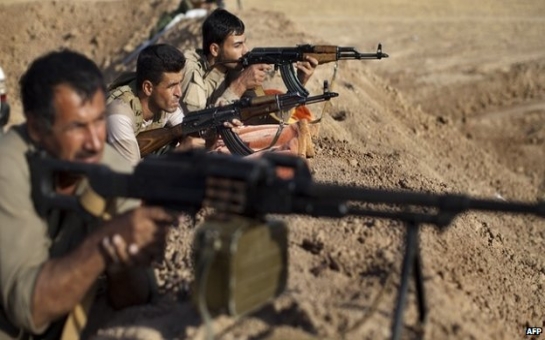
Who are the Kurds? - PHOTO
Between 20 and 30 million Kurds inhabit a mountainous region straddling the borders of Turkey, Iraq, Syria, Iran and Armenia. They make up the fourth-largest ethnic group in the Middle East, but they have never obtained a permanent nation state.
Follow us !

